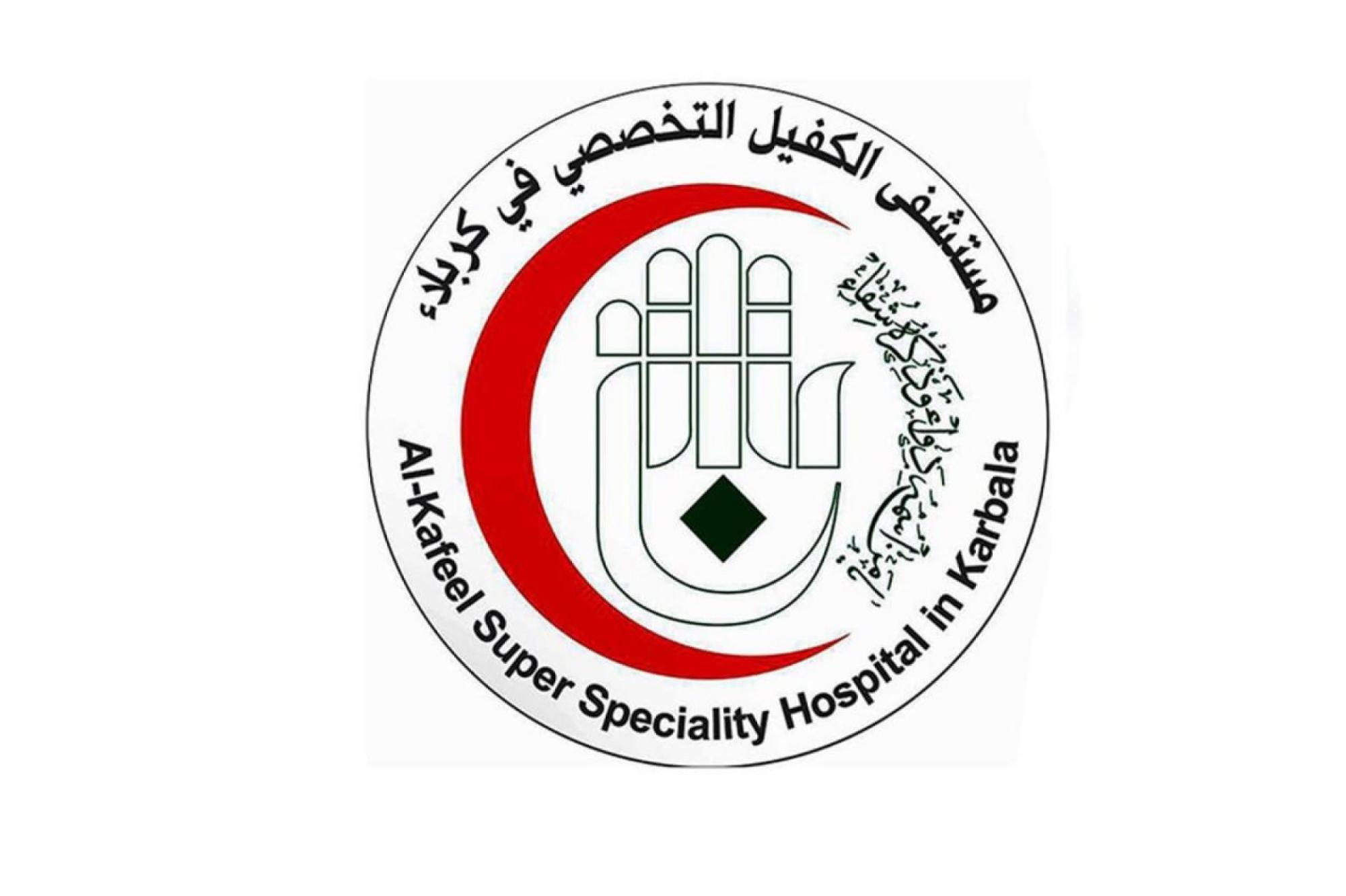AhlulBayt News Agency: Al-Kafeel Super Speciality Hospital confirmed the existence of advanced techniques for early detection of gastrointestinal tumors and reducing their spread.
The specialist in gastrointestinal and liver surgery, Dr. Moayed al-Naqib, said that "the hospital has advanced techniques and examinations used to detect gastrointestinal tumors early and limit their spread, "calling on" patients to the importance of seeing a specialist doctor and conducting medical tests when feeling abnormal symptoms because early diagnosis of these tumors enables us to eliminate them completely, and the delay in diagnosis complicates the case and brings the tumor to the stage of spreading to the liver or other organs, so there is little hope of gaining a full recovery even with surgery and taking doses of chemotherapy and radiation."
He added that" recent years have seen an increase in the number of colon or rectal tumors, and we diagnose an average of four patients with tumors weekly, in addition to performing operations to remove them, and patients are usually of old and young ages, and this is an abnormal indicator, "pointing out that"some patients diagnose the spread of the tumor and caused by intestinal obstruction or spread to the liver, peritoneum or others, and this is not reassuring."
Al-Naqib explained that" an advanced operation was recently performed on a 45-year-old patient who had a cancerous tumor between the intestine and rectum, which caused him to have an intestinal obstruction and burst, and his condition was advanced, and a previous operation was performed on him months ago and put a side hole for him to exit, "explaining that"the tests performed on that patient after the first operation showed the presence of a node on his liver resulting from the previous tumor that was removed, so his condition required another surgical intervention to remove the tumor with a part of the liver, and we successfully performed it".
He continued, " There are great efforts by the competent government agencies and the Iraqi society of Gastroenterology, to control gastrointestinal oncological diseases, early diagnosis and reduce their spread."
/129
The specialist in gastrointestinal and liver surgery, Dr. Moayed al-Naqib, said that "the hospital has advanced techniques and examinations used to detect gastrointestinal tumors early and limit their spread, "calling on" patients to the importance of seeing a specialist doctor and conducting medical tests when feeling abnormal symptoms because early diagnosis of these tumors enables us to eliminate them completely, and the delay in diagnosis complicates the case and brings the tumor to the stage of spreading to the liver or other organs, so there is little hope of gaining a full recovery even with surgery and taking doses of chemotherapy and radiation."
He added that" recent years have seen an increase in the number of colon or rectal tumors, and we diagnose an average of four patients with tumors weekly, in addition to performing operations to remove them, and patients are usually of old and young ages, and this is an abnormal indicator, "pointing out that"some patients diagnose the spread of the tumor and caused by intestinal obstruction or spread to the liver, peritoneum or others, and this is not reassuring."
Al-Naqib explained that" an advanced operation was recently performed on a 45-year-old patient who had a cancerous tumor between the intestine and rectum, which caused him to have an intestinal obstruction and burst, and his condition was advanced, and a previous operation was performed on him months ago and put a side hole for him to exit, "explaining that"the tests performed on that patient after the first operation showed the presence of a node on his liver resulting from the previous tumor that was removed, so his condition required another surgical intervention to remove the tumor with a part of the liver, and we successfully performed it".
He continued, " There are great efforts by the competent government agencies and the Iraqi society of Gastroenterology, to control gastrointestinal oncological diseases, early diagnosis and reduce their spread."
/129

